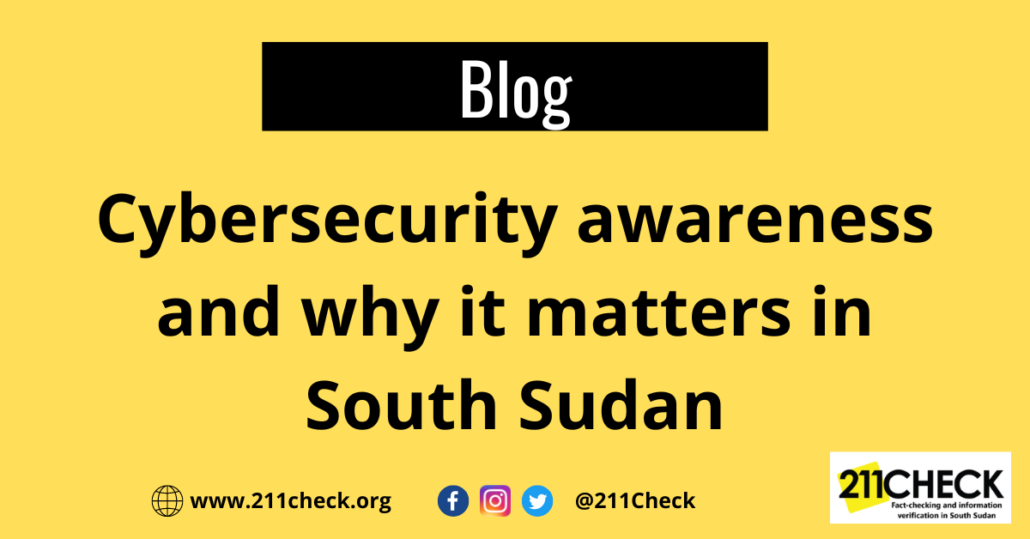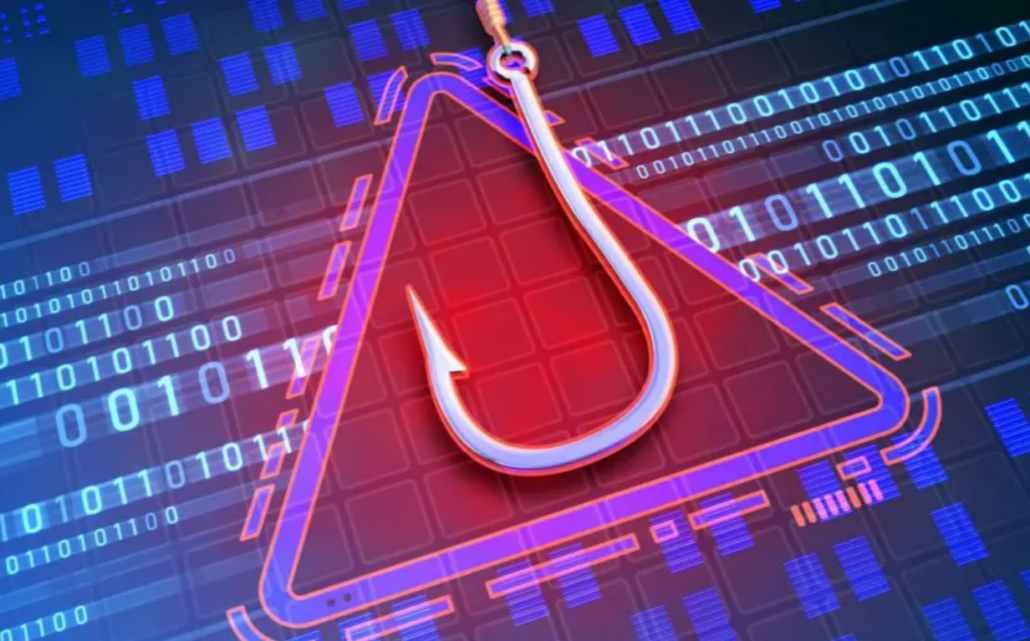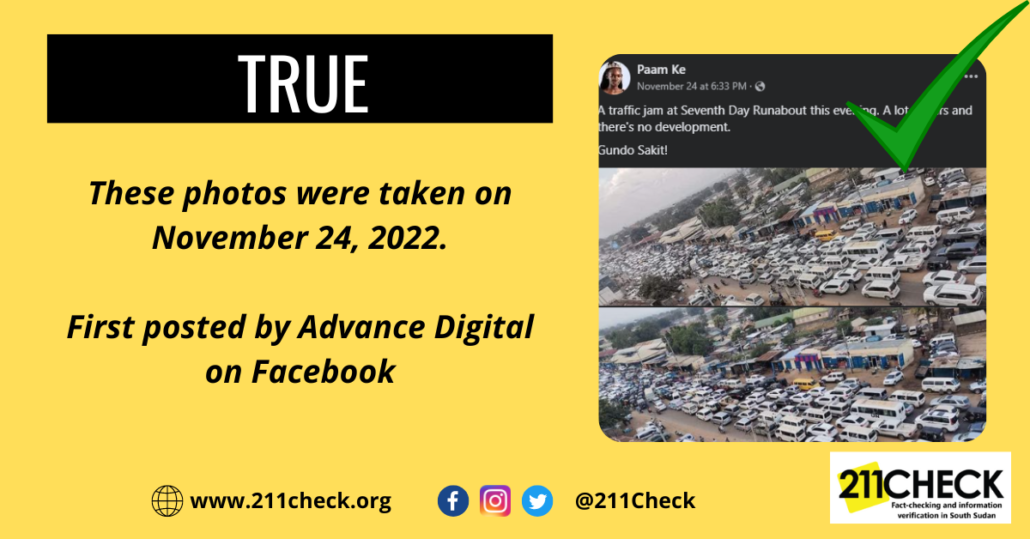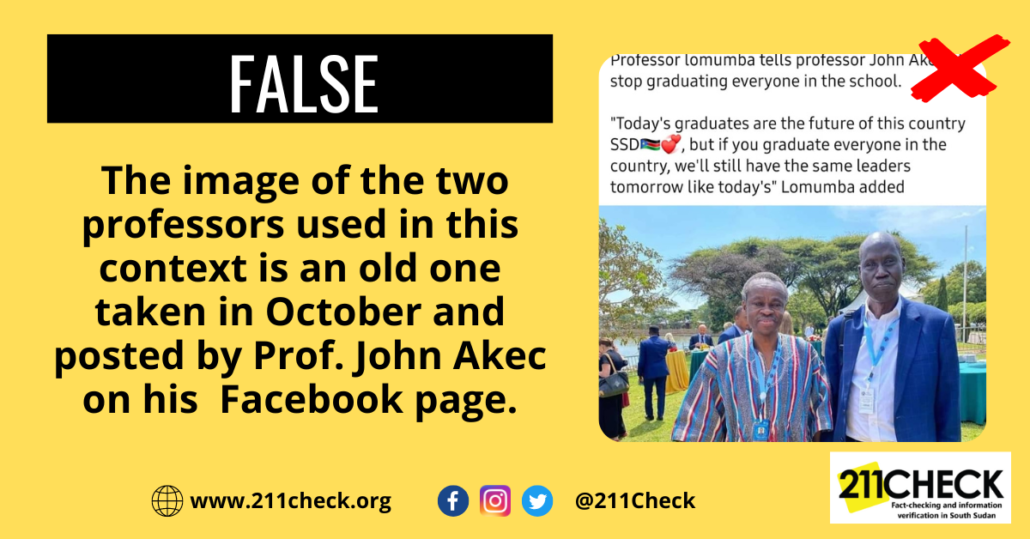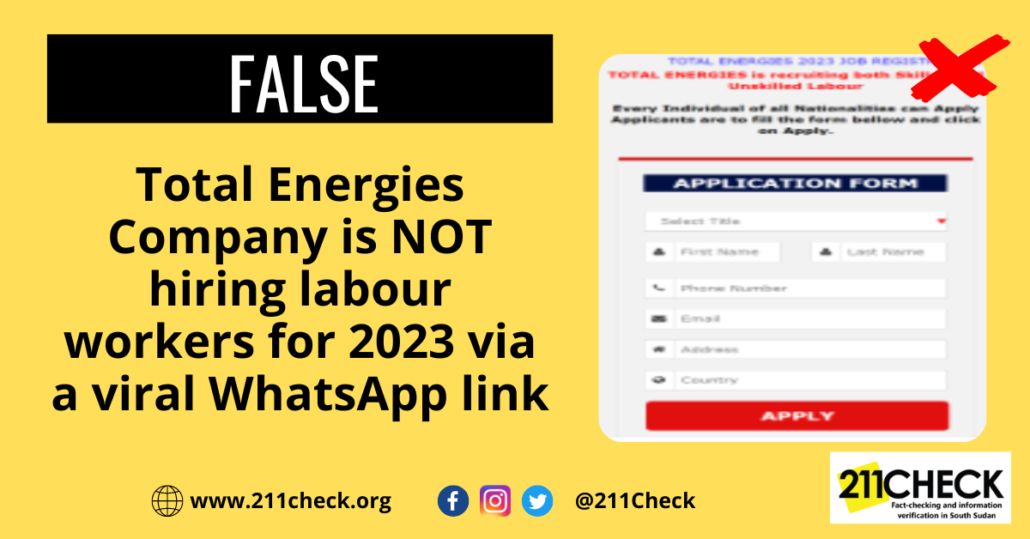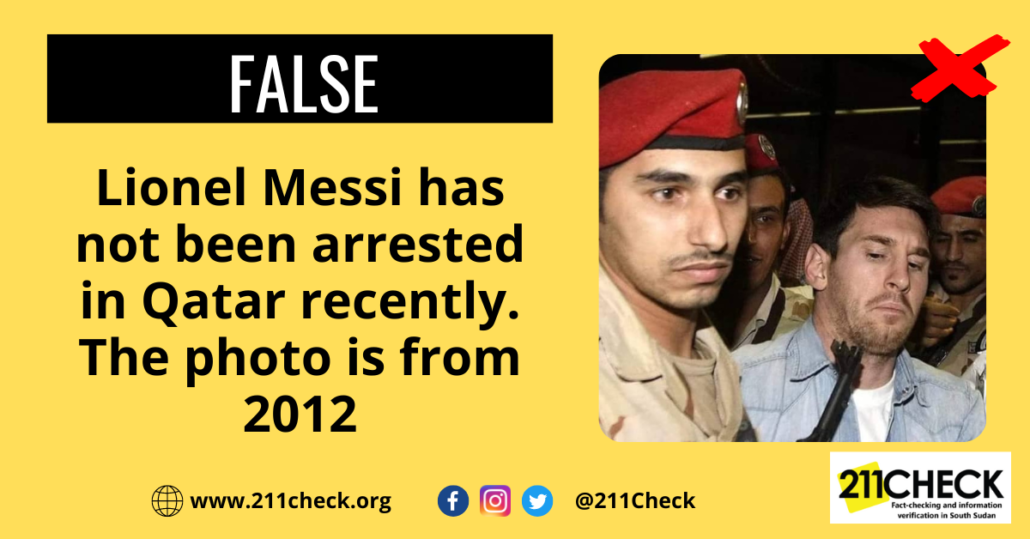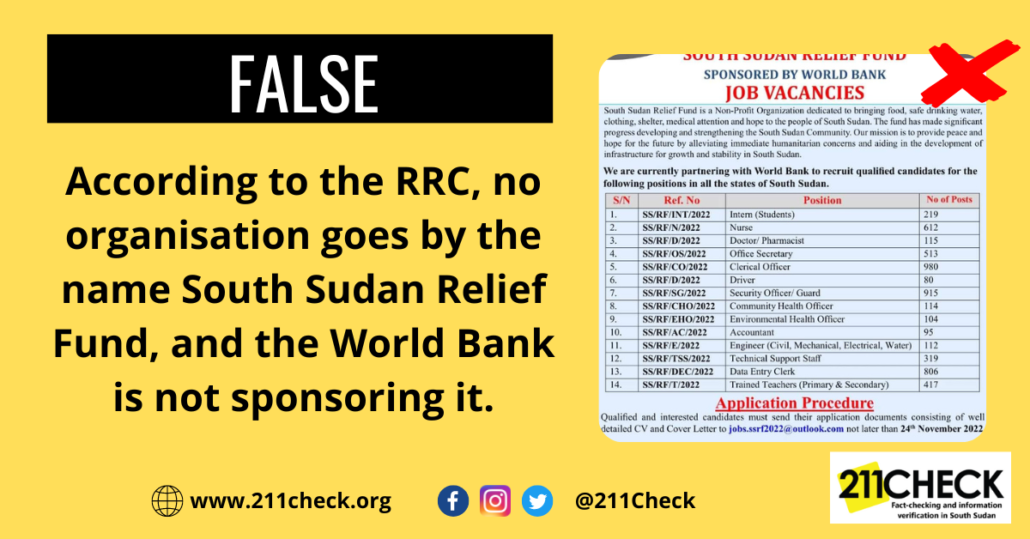Blog: Cybersecurity awareness and why it matters in South Sudan
As South Sudan’s internet penetration grows, so do cyber threats such as cyberbullying, scamming, and hacking. Fortunately, a concern to curb this is taking shape through cybersecurity awareness—an effort from the government and nonprofit organisations.
Writer: Ghai Aketch
It’s your right to get access to the internet, given the contemporary environment of modernisation. But your rights can be your downfall if you aren’t extra cautious with your online interactions. It, therefore, comes with responsibility, discipline, and alertness to be secure on the internet.
With internet adoption in South Sudan in recent years, many people have made money and lost it to online scammers.
The country has three mobile network operators, with 3,885,484 users in 2022. Moreover, there are 12 internet service providers (ISPs) with a major market in Juba. Both ISPs and mobile internet users constituted 1.25 million in 2022, according to Data Reportal statistics.
South Sudan’s internet penetration rate stands at 10.9 per cent in 2022. But out of this figure, Facebook has nearly 500 thousand users. Bringing total social media users to 515 thousand in the country.
That has compelled the National Communications Authority and SafetyComm South Sudan to launch extensive cybersecurity awareness to curb growing cyber attacks on individuals’ social media pages, accounts and organisations.
Lately, hackers have targeted internet users in the country, with most scams coming through e-business services, fake scholarships, grant applications and trickery links shared on social media.
Cyber experts stress that South Sudanese netizens fall prey to scams that come to them through ‘fully funded’ scholarships and financial grants for business support but end up spending their own money on non-existing services.
Others lose thousands of dollars to non-existing car shipping companies that mimic real car-dealing websites overseas.
Angel Atem, a South Sudanese netizen, lost her Facebook account to hackers earlier in October 2022. That implies she now has no control over her account, but the hackers have. They’ve been sending her friends’ links via inbox and asking for financial support in her name.
“My Facebook account was hacked, and I don’t know what to do. I registered it with my sim card, but it has been changed, so I can’t log in again,” she said.
She is just one of the many other online users in the country who are only interested in employing curiosity while surfing the internet while clicking links that subsequently require their login details.
Another loophole cybersecurity experts caution netizens is having one password for a long time or having one password across their multiple internet accounts.
“If someone tells you that they’re going to connect you to free MTN data, then you give them your password, that’s not facebook giving out your password; it’s you,” Ariik Robert, a cybersecurity expert working for SafetyComm South Sudan told the audience during a cybersecurity awareness campaign.
“So that’s why awareness is a key so that we tell you it’s a lie so that next time it comes your way, you will definitely know someone is trying to take over your account,” Robert explained.
“Global cybersecurity awareness month, NCA will take multiple activities to raise awareness levels in our communities and build the capacity and empower the people to be resilient to mitigate cybersecurity attacks and to deal with them once they are attacked,” Unguec Stephan Kang, NCA Assistant Director Cybersecurity, said in October.
According to the NCA, the country must protect exposed internet users from scammers. One significant way to protect them is to increase digital literacy and creation awareness across the country.
But as a digital citizen, you have the responsibility to keep yourself and others secure, experts advise.
Simple ways to protect yourself from hackers
- Use dual-factor authentication on your cloud, email, social media and bank accounts. Two-factor authentication gives you control of the activity login of your accounts by sending your codes to your mobile phone or email.
- Strong password, using a combination of characters such as; caps, lowe@, numbers, _ or # )
- You should use a different password across all your internet accounts and keep it unchanged for a long time. If not, hackers can quickly gain access to your account by breaking the password.
- Use anti-virus software on all your devices. That will offer more security against malware designed to attack you.
- Not clicking suspicious links and entering your login credentials when it instructs you to do so. You’re about to be scammed should that link redirect for a login. Stop it!
- Changing passwords often, not using the same password across the accounts, creating extended passports, and not clicking links you don’t know.
Robert reiterated that social media is very addictive; it has so much convenience with it, it’s entertaining-takes away so much boredom- these are threads hackers take advantage of, he warned.
This blog post was published as part of the Fact-checking and Digital Rights Fellowship in the context of the Africa Digital Rights Fund with support from the Collaboration on International ICT Policy in East and Southern Africa (CIPESA).

